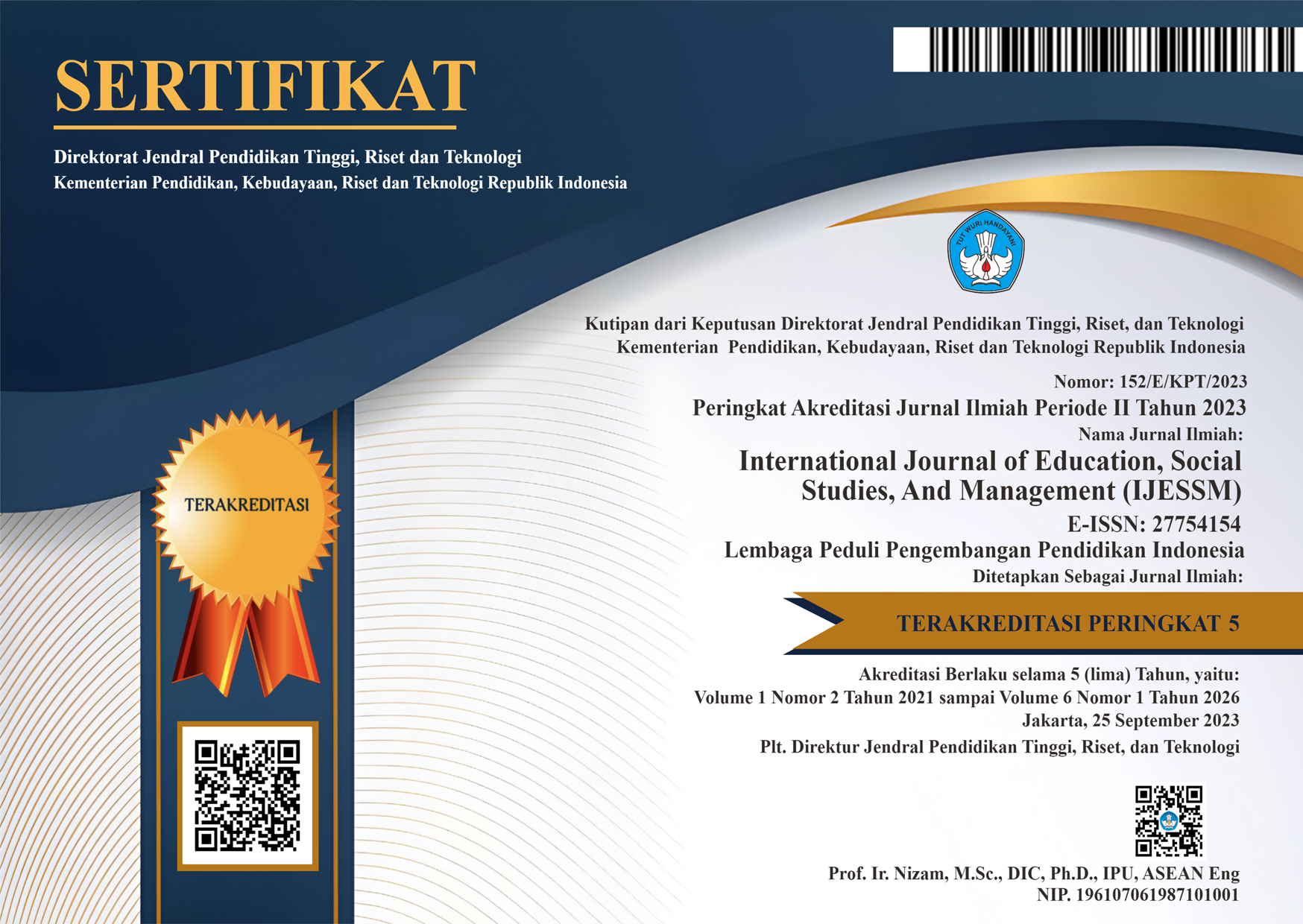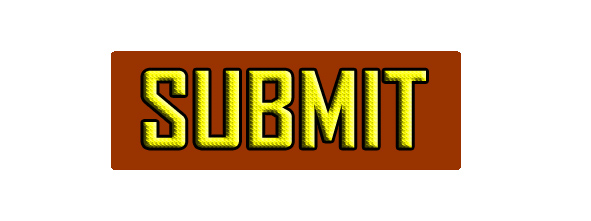Bridging the Digital Divide: Theoritical Perspectives on ICT Integration in Indonesian Education Policy
DOI:
https://doi.org/10.52121/ijessm.v5i2.806Keywords:
ICT, Indonesian Education, Technology Integration, Digital Divide, Policy StrategyAbstract
This article examines the integration of Information and Communication Technology (ICT) within Indonesia's education system through multiple theoretical frameworks. Despite national initiatives such as Merdeka Belajar and Digitalisasi Sekolah, the implementation of ICT continues to face systemic barriers including infrastructure inequality, teacher preparedness, and fragmented policy execution. Utilizing a qualitative, literature-based approach, the study analyzes ICT integration through the lenses of Diffusion of Innovation, TPACK, SAMR, Constructivism, and Connectivism. These frameworks illuminate the sociocultural, pedagogical, and technological factors shaping ICT adoption in Indonesia’s diverse educational landscape. The findings underscore the need for locally responsive strategies that prioritize sustainable teacher professional development, inclusive infrastructure expansion, stakeholder collaboration, and context-sensitive policy formulation. Furthermore, the article outlines key benefits of ICT—such as enhanced access to information, personalized learning, and 21st-century skill development—while critically examining barriers rooted in inequities and institutional limitations. Practical strategies are proposed to address these challenges, including digital professional learning communities, culturally relevant content development, and innovation incentives. The study concludes by identifying future research directions, including longitudinal studies, inclusive practices, and policy evaluation. By offering a multidimensional perspective, this article contributes to ongoing discourse on how to bridge the digital divide and foster more equitable, effective ICT integration in Indonesian education.
Downloads
Published
How to Cite
Issue
Section
License
Copyright (c) 2025 International Journal Of Education, Social Studies, And Management (IJESSM)

This work is licensed under a Creative Commons Attribution 4.0 International License.

















